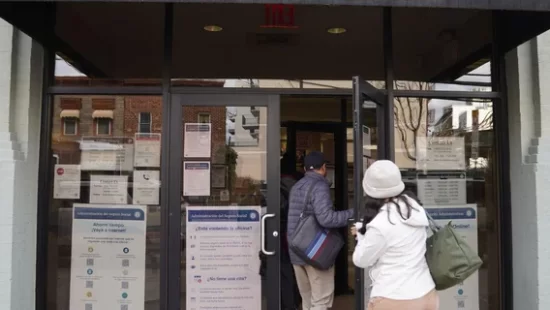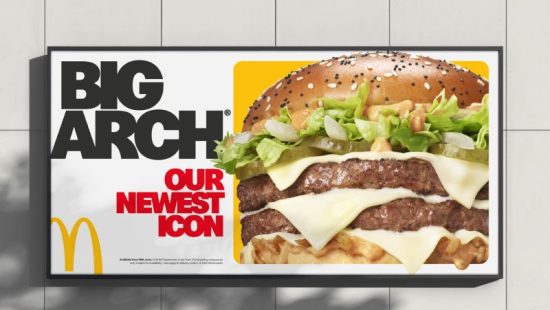A growing number of people are giving up alcohol in favor of marijuana, a trend known as being “California sober.”
Now, a new study suggests there may be something to this more flexible approach to sobriety.
Smoking marijuana could lead people to drink less—at least in the short term—according to researchers reporting on November 19 in the American Journal of Psychiatry.
Exposure to THC — the intoxicating compound in marijuana — caused people to consume fewer drinks and delayed their alcohol intake, researchers found in a series of laboratory experiments.
Additionally, cannabis containing higher levels of THC led participants to drink even less than marijuana with lower THC levels, according to the findings.
“What we found was consistent with the idea of a substitution effect popularized by the California sober trend,” said lead researcher Jane Metrik, professor of behavioral and social sciences at Brown University in Providence, Rhode Island, in a press release.
A growing number of people are giving up alcohol in favor of marijuana, a trend known as being “California sober.”
Now, a new study suggests there may be something to this more flexible approach to sobriety.
Smoking marijuana could lead people to drink less—at least in the short term—according to researchers reporting on November 19 in the American Journal of Psychiatry.
Exposure to THC — the intoxicating compound in marijuana — caused people to consume fewer drinks and delayed their alcohol intake, researchers found in a series of laboratory experiments.
Additionally, cannabis containing higher levels of THC led participants to drink even less than marijuana with lower THC levels, according to the findings.
“What we found was consistent with the idea of a substitution effect popularized by the California sober trend,” said lead researcher Jane Metrik, professor of behavioral and social sciences at Brown University in Providence, Rhode Island, in a press release.
But when participants smoked cannabis with 7.2% THC, they drank about 27% less alcohol.
THC also appeared to reduce the desire to drink. Those who smoked marijuana with 7.2% THC took much longer to drink their first beverage compared to when they smoked the placebo.
“We saw that cannabis reduces the momentary urge,” Metrik said. “What we don’t know from this study is what the long-term effect is.”
The research team cautioned that these results should not be interpreted as a recommendation to replace alcohol with marijuana. Cannabis can be addictive, they noted.
There’s also the risk that marijuana could increase alcohol consumption among people who tend to combine cannabis and alcohol to enhance the effects of both, or who use both together in social settings, the researchers said.
The team is conducting a clinical trial to explore what happens when marijuana and alcohol are used at the same time, and how different cannabis compounds—such as THC and CBD—might influence alcohol use.
“Our job as researchers is to keep answering these questions,” Metrik said. “We can’t tell anyone yet, ‘you should use cannabis as a substitute for problematic or heavy drinking.’”








